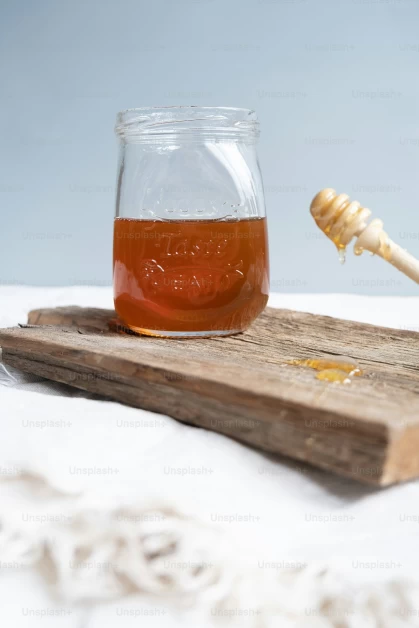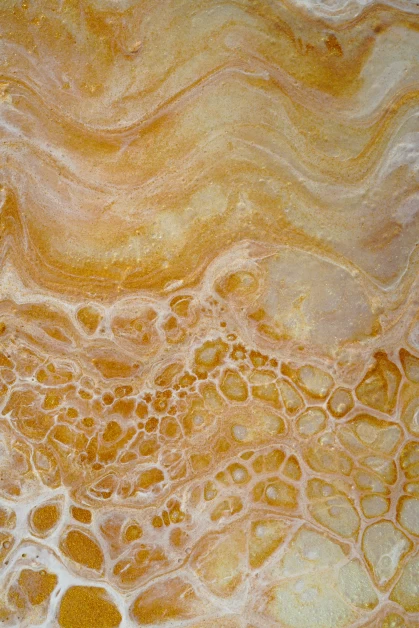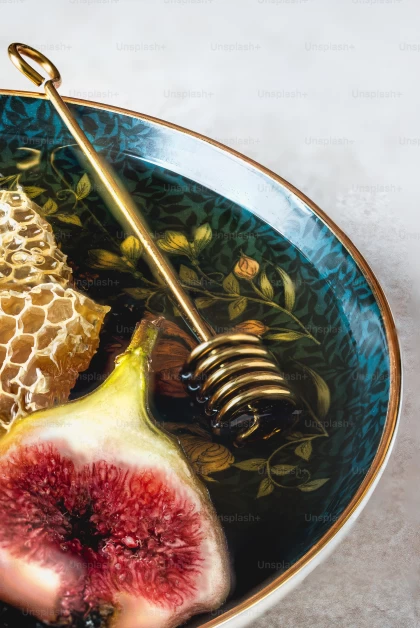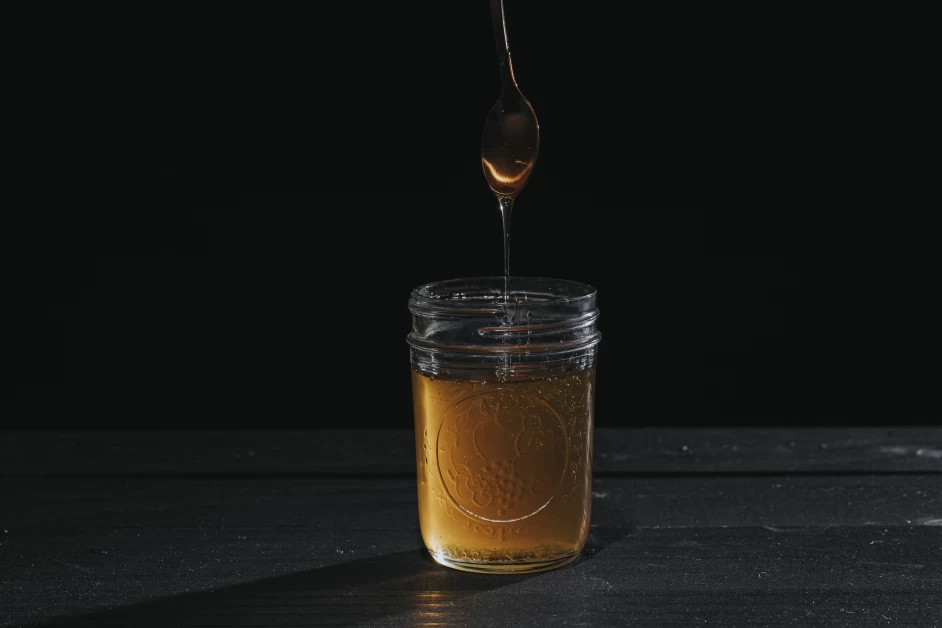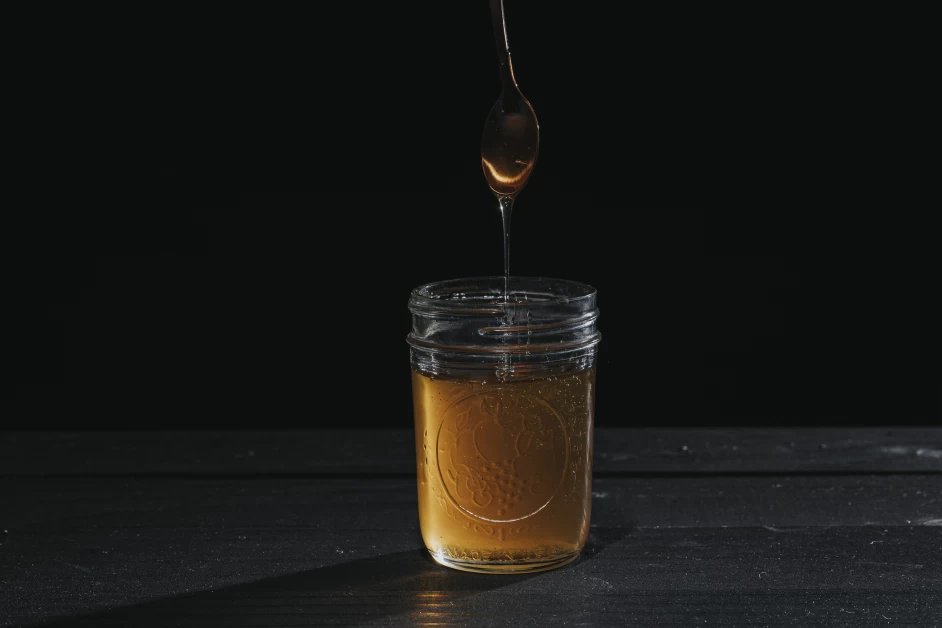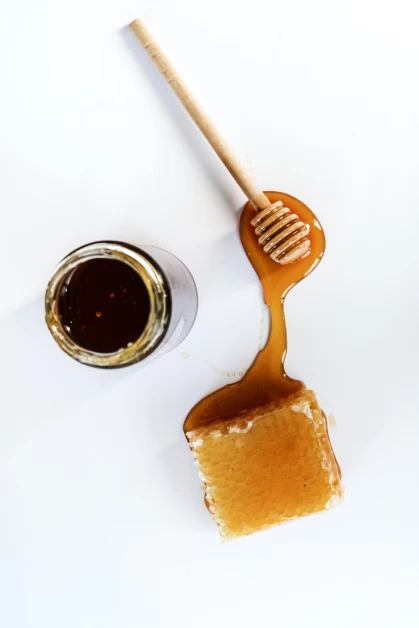Table of Contents
Are you tired of dealing with persistent skin conditions that leave your skin dry, cracked, and uncomfortable? Look no further than the incredible powers of Manuka honey. Renowned for its exceptional healing properties, Manuka honey offers a natural solution for various skin conditions, providing relief and nourishment. In this blog post, we will explore the benefits of Manuka honey for common skin concerns, including dryness, cracked skin, dermatitis, eczema, and psoriasis. Discover how this remarkable ingredient can transform your skincare routine and improve your overall well-being.
Benefits of Manuka Honey for Skin Conditions
Deep Moisturization
Manuka honey acts as a humectant, drawing moisture into the skin and locking it in, resulting in long-lasting hydration. It helps combat dryness and prevents further moisture loss, leaving the skin supple and revitalized.
Manuka honey for eczema plays a crucial role in providing deep moisturization. By acting as a humectant, it attracts moisture and locks it in, resulting in long-lasting hydration for the skin. This is particularly beneficial for individuals with eczema, as their skin tends to be dry and prone to moisture loss. Regular use of Manuka honey can help combat dryness and provide much-needed nourishment, leaving the skin supple and revitalized.
Antibacterial and Antimicrobial Properties
The unique properties of Manuka honey inhibit the growth of bacteria and microbes on the skin’s surface. This makes it particularly beneficial for skin conditions prone to infections and can aid in preventing further complications.
When it comes to eczema, preventing infections is crucial. The broken skin barrier in individuals with eczema makes them more susceptible to bacterial infections. Manuka honey possesses powerful antibacterial and antimicrobial properties, making it an excellent natural remedy for eczema. By inhibiting the growth of bacteria and microbes on the skin’s surface, Manuka honey can help prevent infections and reduce the risk of complications associated with eczema.
Soothing and Calming Effects
Manuka honey possesses anti-inflammatory properties that soothe and calm irritated skin. It helps reduce redness, itching, and discomfort, providing relief for sensitive and inflamed skin.
For individuals with eczema, soothing and calming the skin is essential for managing flare-ups. Manuka honey’s anti-inflammatory properties make it an ideal remedy for eczema. It helps reduce redness, itching, and discomfort, providing much-needed relief for sensitive and inflamed skin. Regular use of Manuka honey can help soothe eczema flare-ups and promote overall skin health.
Skin Repair and Regeneration
Manuka honey contains enzymes and antioxidants that promote skin cell regeneration and repair. It aids in restoring damaged skin, reducing the appearance of scars, and improving overall skin texture and tone.
Eczema can leave behind scars and damage the skin’s natural barrier. Manuka honey’s skin repair and regeneration properties make it a valuable ingredient for individuals with eczema. The enzymes and antioxidants present in Manuka honey promote the regeneration of skin cells, helping to restore damaged skin and improve its overall texture and tone. With regular use, Manuka honey can help reduce the appearance of scars caused by eczema and promote healthier skin.
Enhanced Wound Healing
Due to its natural healing properties, Manuka honey has been used for centuries to aid in wound healing. It creates a favorable environment for the skin to regenerate, accelerates the healing process, and helps prevent infections.
Eczema flare-ups often result in open wounds and broken skin. Manuka honey’s enhanced wound healing properties make it an excellent choice for individuals with eczema. By creating a favorable environment for the skin to regenerate, Manuka honey accelerates the healing process and helps prevent infections. Regular application of Manuka honey can aid in the healing of eczema-related wounds and promote faster recovery.
Introducing the BEES KNEES Manuka Honey Repair Balm
Discover the remarkable benefits of Manuka honey with our BEES KNEES Manuka Honey Repair Balm. Specially formulated to provide intensive nourishment and repair, our balm offers a natural solution for dryness, cracked skin, dermatitis, eczema, and psoriasis. Infused with the healing powers of organic Manuka honey, along with other enriching ingredients, our repair balm deeply moisturizes, soothes, and restores the skin.
To experience the transformative effects of Manuka honey for eczema, try our BEES KNEES Manuka Honey Repair Balm. This specially formulated balm provides intensive nourishment and repair for dryness, cracked skin, dermatitis, eczema, and psoriasis. Infused with the healing powers of organic Manuka honey, our repair balm deeply moisturizes, soothes, and restores the skin. With regular use, you can improve the condition of your skin and find relief from eczema symptoms.
Embrace the healing wonders of Manuka honey and experience its transformative effects on dryness, cracked skin, dermatitis, eczema, and psoriasis. Our BEES KNEES Manuka Honey Repair Balm is your go-to solution, providing intense nourishment and relief for troubled skin. Invest in the power of nature and indulge in the benefits of Manuka honey. Purchase our repair balm today and take the first step towards healthier, happier skin.
Note: It is always recommended to consult with a healthcare professional or dermatologist for personalized advice and treatment options for specific skin conditions.

